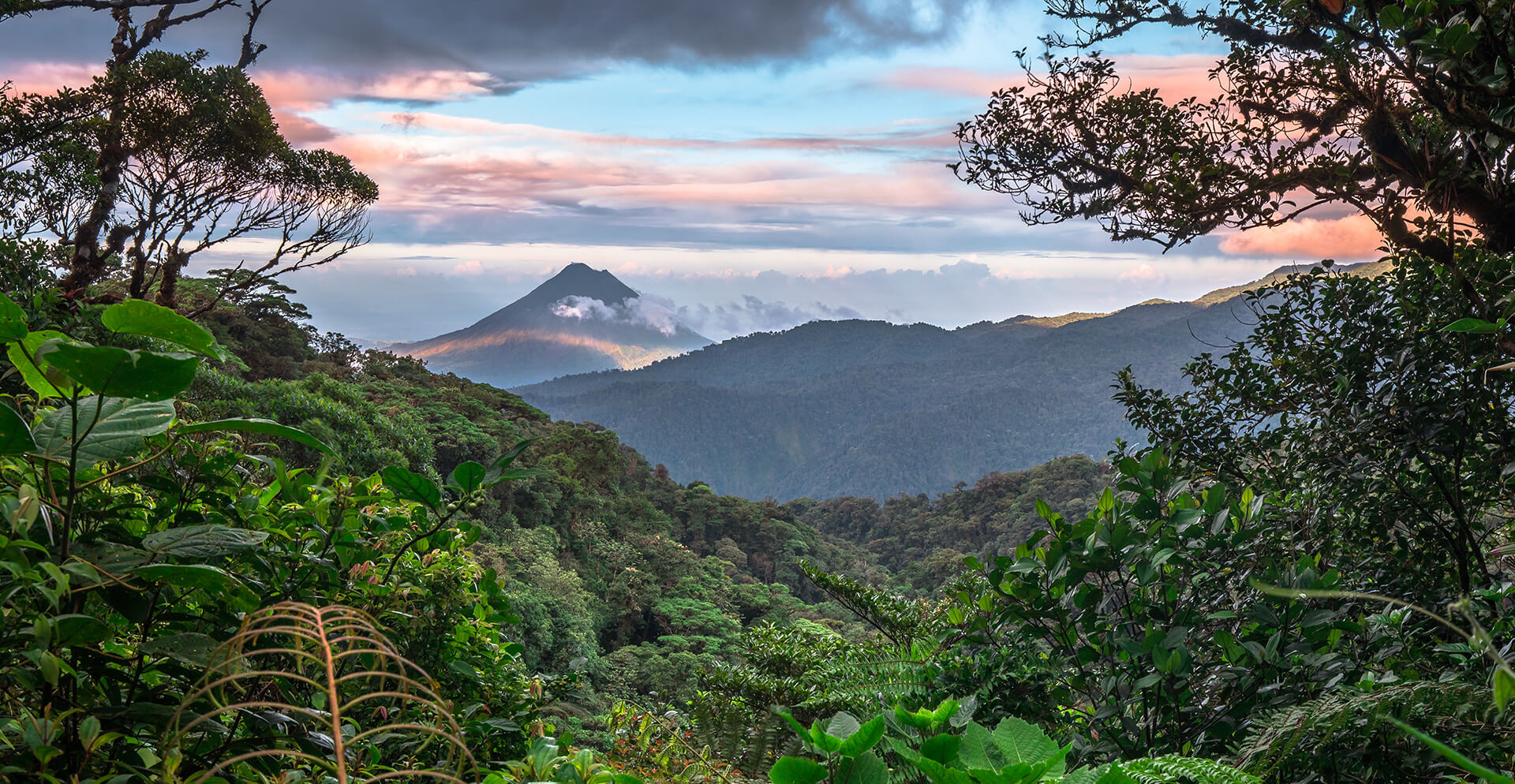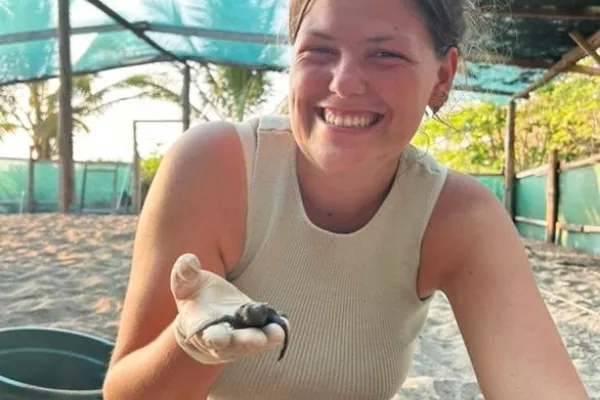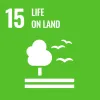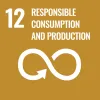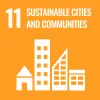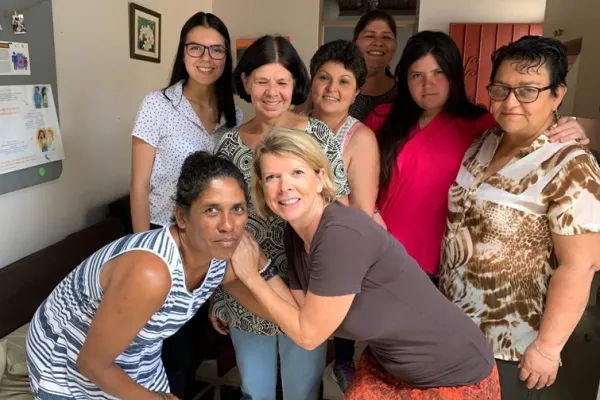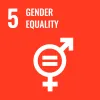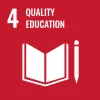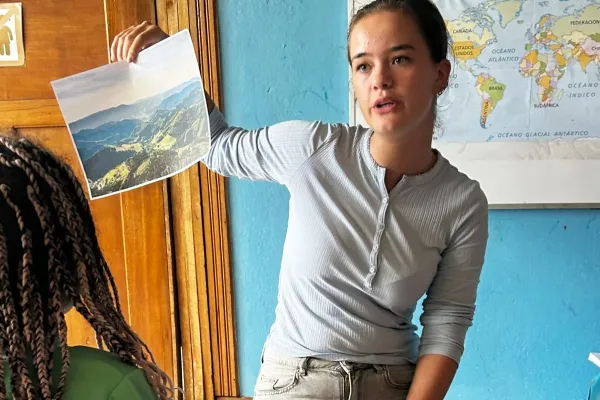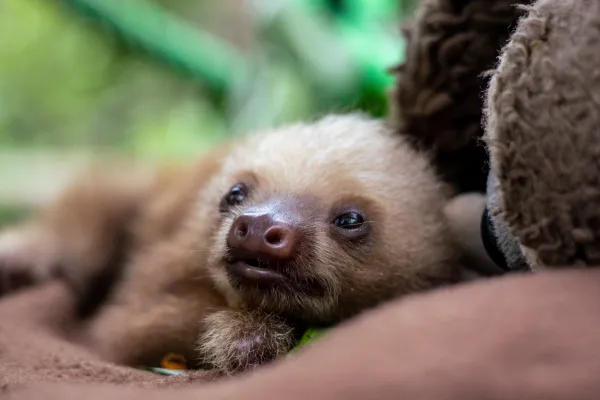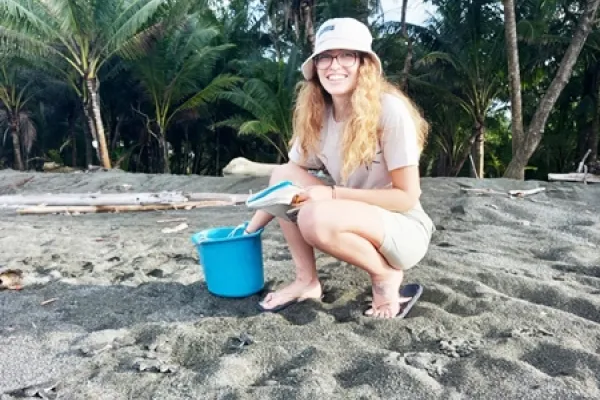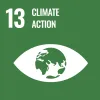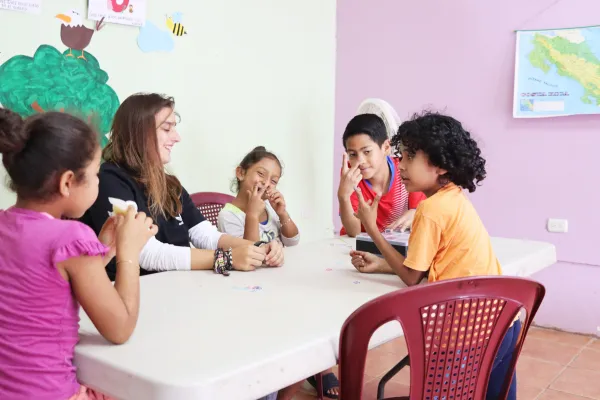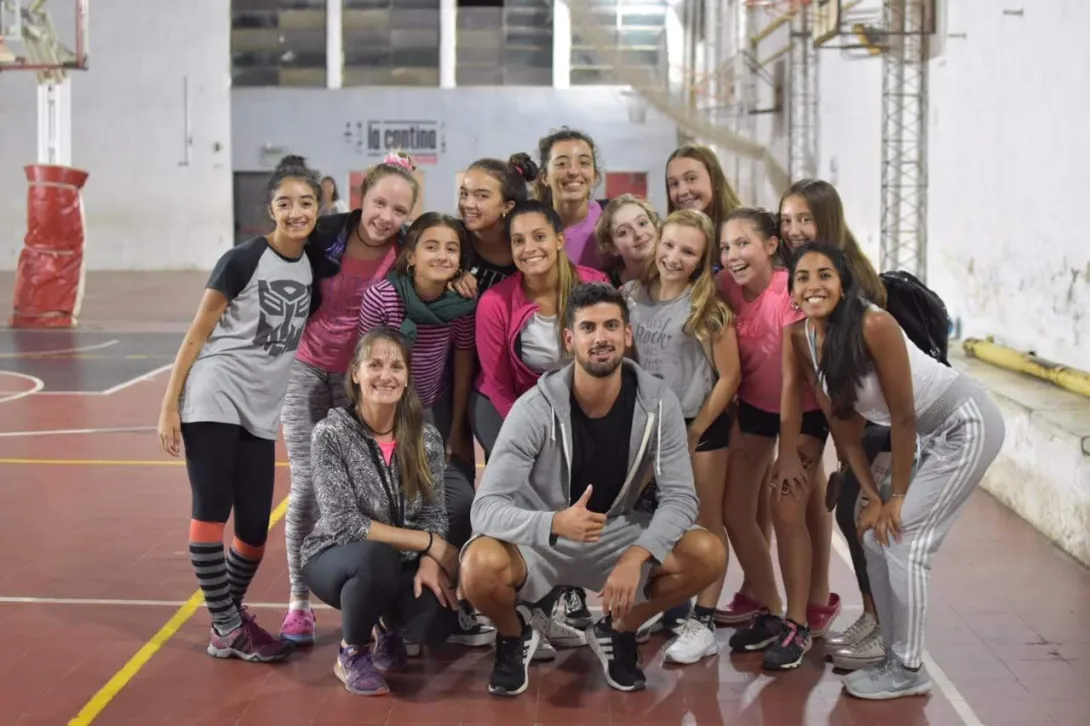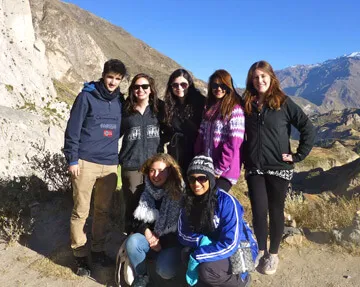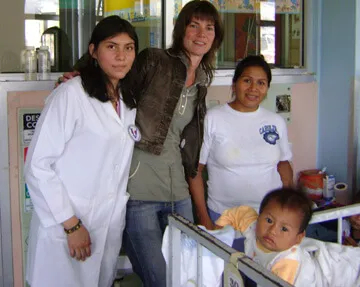Volunteer opportunities in Costa Rica
Volunteering Solutions offers rewarding volunteer programs in Costa Rica that focus on community development, education, animal welfare and environmental conservation. Whether you're looking to work with children, protect endangered wildlife or support sustainability efforts, there's a program to match your interests and availability.
- Childcare Volunteering – Support local daycares and community centers by helping with educational games, emotional development and daily routines for children from under-resourced backgrounds. A great option for students or first-time volunteers looking to make a tangible difference.
- Teaching English – Assist local teachers or lead your own lessons to help improve English skills in schools or after-school programs. No formal teaching experience required - just energy, patience and creativity.
- Turtle & Environment Conservation – Join one of Costa Rica’s most popular programs, based in a coastal village, where you'll support efforts to protect endangered sea turtles. Depending on the season, tasks include night patrols, nest monitoring, beach cleanups and hatchling releases.
- Animal Rescue & Wildlife Conservation – Volunteer at animal rescue centres or in rainforest conservation zones, working alongside local professionals to care for injured wildlife, maintain habitats and support biodiversity initiatives.
Programs are available across multiple locations, including San Ramon de Alajuela, the Osa Peninsula, Puerto Viejo, and the Nicoya Peninsula. Each placement is run in partnership with long-standing local organisations, ensuring your contribution supports sustainable, long-term goals - not just short-term fixes.
Your impact as a volunteer in Costa Rica
From helping kids grow in confidence to supporting local conservation efforts, your contribution as a volunteer helps meet real community needs. You’ll be working with local teams - not in place of them - creating space for cultural exchange, skill-sharing and mutual learning.
What to expect – your Costa Rica volunteer journey
- Before you go
Apply online and receive your welcome pack with travel tips, safety info and local insights to help you prepare. - Arrival
You'll be picked up from San José International Airport and taken to your accommodation. Orientation includes a city tour, cultural intro, safety briefing and help getting settled. - Accommodation & meals
Most volunteers stay with trusted host families or within the project premises, offering an authentic local experience. You’ll get a private or shared room, along with breakfast and dinner on weekdays. (Lunch is typically on your own.) - Daily life
Volunteer work typically runs Monday to Friday for around 4-6 hours a day, leaving afternoons and weekends free to explore. Whether you’re ziplining through the forest or sipping coffee at a local café, every day has something to offer.
Destinations & Volunteer Programs
Where can I volunteer in Costa Rica?
You can volunteer in some of Costa Rica’s most beautiful regions, including:
- Osa Peninsula – Turtle Conservation
- San Ramon de Alajuela - Teaching, Childcare and Women Empowerment
- Puerto Viejo – Animal Rescue Center Project
- Nicoya Peninsula - Turtles, Wildlife and Permaculture Experience
Each location blends impactful work with unforgettable natural landscapes.
What volunteer opportunities are available in Costa Rica?
Programs are open year-round, with flexible durations from 1 to 24 weeks. Choose from:
- Wildlife & Animal Rescue
- Environmental Conservation
- Teaching English
- Childcare Projects
- Turtle Conservation
Are there group volunteering options in Costa Rica?
Yes. We offer tailor-made group projects for students, professionals and families. These include Childcare, Teaching and Environmental work. All group placements include accommodation, meals, local transport and a custom itinerary.
Program Details & Eligibility
What are the requirements to volunteer in Costa Rica?
Volunteers must be:
- Aged 18 or older
- Open-minded, proactive, and flexible
- Comfortable working in new environments
- For Teaching/Childcare programs: a Criminal Background Check is required
- For Wildlife/Conservation programs: a love for animals and nature is essential
What is included in the program fee?
Program fees include:
- Airport pickup and transfer
- Accommodation with host families or volunteer houses
- Two meals per day (weekdays)
- Pre-departure guide and orientation
- 24/7 in-country support
- Certificate of Completion
Some conservation programs may also include project site transport.
Travel & Logistics
How do I get a visa for Costa Rica?
Many nationalities, including from the UK, EU, USA, Australia and Switzerland, can enter on a tourist visa for up to 90 days. You must have:
- A passport valid for at least 6 months
- At least two blank pages
- A return ticket
If you hold a valid visa for the USA, Canada, Japan or Schengen zone, you may also enter without a Costa Rican visa. Our team will provide specific advice based on your passport.
When is the best time to volunteer in Costa Rica?
The dry season from December to April is ideal for volunteering and travel. However, programs run year-round, and Costa Rica’s lush environment offers unique experiences in every season.
What should I pack for volunteering in Costa Rica?
- Light, comfortable clothing and a rain jacket
- Good hiking or walking shoes
- Flashlight, insect repellent, basic first-aid
- For teaching/childcare: games, books and stationery
- Copies of all important documents
Who can volunteer in Costa Rica?
Our programs are open to students, gap year travelers, professionals, solo volunteers, couples, families and groups. If you’re passionate about travel and making a difference, we’ll help you find the perfect placement.
How to apply – volunteer in Costa Rica
- Choose your program – Teaching, childcare, medical or conservation
- Apply online – Quick form to reserve your spot
- Get ready – Receive your welcome pack and speak with your local coordinator
- Travel and make an impact – Begin your Costa Rican journey!
Ready to experience Costa Rica the meaningful way? Apply now and turn your travel plans into lasting impact.

























